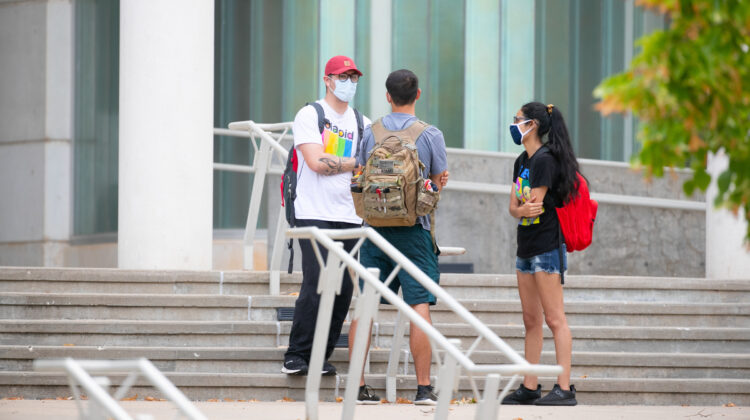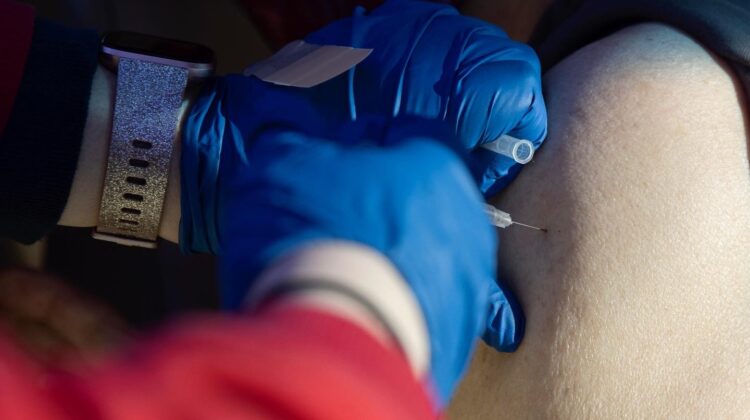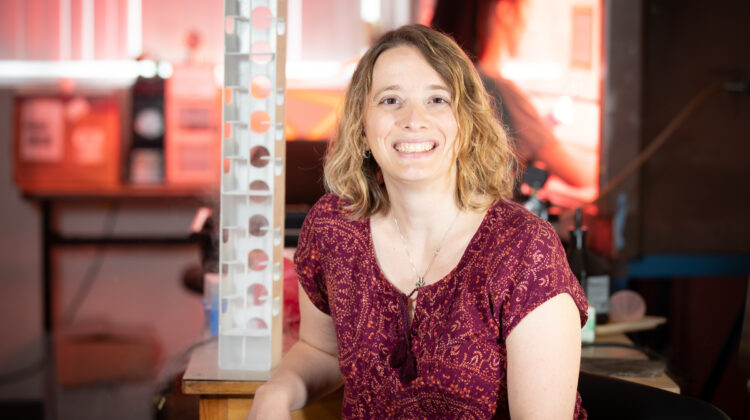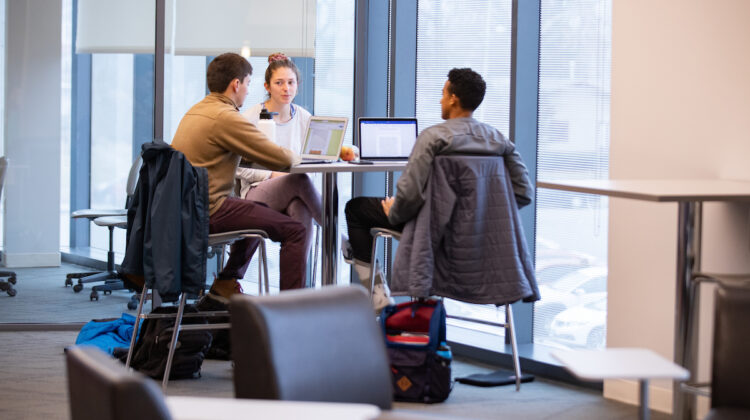It’s not a surprise that the COVID-19 pandemic exacerbated many existing mental health problems. The world is still experiencing a collective trauma, and many people aren’t getting help.
“We are facing a national mental health crisis that could yield serious health and social consequences for years to come,” reads the 2020 “Stress in America” Survey, published yearly by the American Psychological Association.
For college students, the stress of the pandemic has added additional weight to an already heavy problem.
The college student mental health crisis
Prior to 2020, college students were already high on the mental health priority list.
In 2018, 62% of college students reported feeling overwhelming anxiety in the last 12 months. In the same survey, 41% reported feeling so depressed that it was difficult to function.
By fall 2020, 89% of college students reported actively experiencing stress or anxiety because of COVID-19. One in four students said their existing depression significantly increased.
Dr. Danae Hudson, a clinical psychologist and clinical psychology graduate program coordinator at Missouri State University, cites a lack of access to treatment as one of the factors in the severity of the crisis.
“Access has been a problem for a long time,” she said. “It’s complicated by COVID because there is an increase in the prevalence of people who are struggling, and it is difficult to see someone in an office setting with social distancing measures.”
The combination of decreased access to treatment, isolation, the loss of traditional campus life and regular academic stress makes the college student situation more complex than it has been in the past.
“Usually, the top stressors for college students are related to finances, academics, relationships, job outlook and identity, in that order,” Hudson said.
In the era of COVID, stress about health and safety has taken the top spot, pushing out a focus on identity.
“This makes sense from a psychological standpoint,” she said. “People need to make sure they’re safe and that they are going to live before they start thinking about what they want their futures to look like.”
Pandemic burnout
This heightened sense of survival has taken its toll on everyone, including college students. Nearing the anniversary of the March 2020 shutdowns, many have reported burnout and exhaustion.
Hudson believes these feelings of fatigue stem from a heightened, prolonged stress response. With the onset of stress, your body goes into alarm mode, then builds up resistance, which is eventually followed by a period of exhaustion. This is known in psychology as general adaptation syndrome.
“I think we’ve entered that exhaustion phase,” she said. “When we mobilized in spring 2020, we had no idea how long this was going to last. We started sprinting for a 5k, when it’s really a marathon.”
Supporting students through the crisis
Hudson believes the best way for people in the college sphere to support students during the heightened COVID-19 stress is to be flexible.
“We have to have grace for each other,” she said. “People are struggling in different ways, but we are all struggling to some extent.”
As a professor, Hudson’s priority is that her students are okay. Her expectations for late work, exams and class attendance have had to change in the wake of students’ significant COVID-19 and mental health struggles.
“We’re not living in the ‘real world’ right now,” she said. “Our expectations have to be different. I want my students to feel supported more than anything else.”
She also recommends that students extend the same grace to themselves that they would to a friend. It’s an idea she calls radical acceptance.
“You have to learn to tell yourself, ‘Maybe I’m not going to be at my best, and that’s okay. I just need to get through this,’” she said.
Missouri State resources
If you or someone you know is struggling with mental health, contact the Missouri State Counseling Center.
Online resources:




